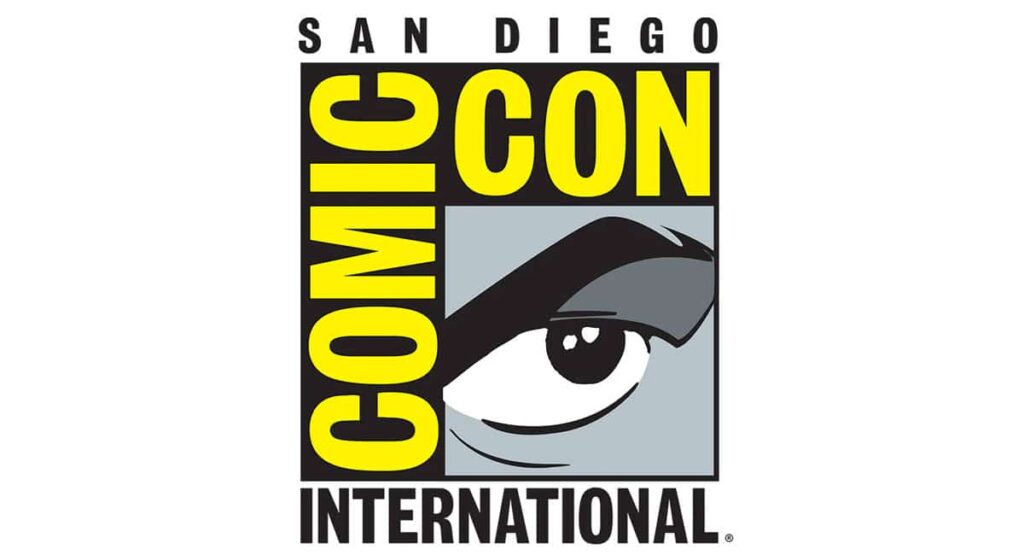Author: Gabriel Nibb
San Diego Comic-Con 2024 is considered the first “real” San Diego Comic-Con since 2019, as it was thought to be unaffected by COVID-19 restrictions or the writers’ and artists’ strike in Hollywood. However, such a situation also means the return of “real” attention to large-scale events like scams.
At the Comic-Con Conversation held in Room 25ABC on Sunday, July 28, 2024, many attendees came together to express their concerns about many of the things that happened in the months leading up to Comic-Con, as well as Comic-Con itself.
The delegates to the conference are Eddie Ibrahim (Senior Program Director), David Glanzer (Chief Communications and Strategy), Craig Fellows (Vice President of Operations), and Robin Donlan (President, San Diego Comic Con). Personally, I have been participating in talkback groups on and off for the better part of a decade, usually with just one representative.
This one has four.
One of the biggest areas of concern is screening Deadpool and Wolverine Caused. This was supposed to be the first big public screening of the film, and there was a lot of preparation that needed to be done, including online ticket sales and clearing out Hall H for the first time in the history of the con (Glanzer: “…don’t know) if we wanted to if [that] again.
One of the most prominent complaints came from people who had legitimate tickets but didn’t get in. permissions. Even more troubling was the poor line management by the contracted security department. Somehow, the front of the line managed to swell before the doors opened, and the thousands of people in the line were literally under threat of being stampeded.
Convention staff were well aware of the issues and said they had screening plans, but circumstances overwhelmed even those plans. In the words of David Glanzer, “There was a thread. There was a plan, but it failed on so many levels. The conference intended to launch an investigation into the failure and asked speakers to contact us via the website (https://www. comic -con.org/contact/) to send their account to the convention.
Another concern is hotel rooms and the “hotel apocalypse” – an annual event where attendees try and sometimes fail to find accommodation for the convention. This led to a very extensive discussion among the conference staff about the issues between the hotel and the conference. The biggest problem is that hotels have been reducing the number of available rooms available to conventions at affordable prices. The conference negotiated room availability three years out (plans and negotiations for 2026 are currently being finalized), but conference staff made it clear that their continued presence in San Diego depended on hotels being able to offer rooms at affordable prices. Con doesn’t want to “overprice” attendees, and we wouldn’t appreciate it if Con fans wrote to San Diego Visitors Bureau to express their concerns (https://www.sandiego.org/meeting) -Planner/Service Resources .aspx).
Perhaps one of the most “humorous” questions asked was about terrible websites. Like, it’s not very useful, and finding anything on it is difficult at best. One commenter offered to provide free consulting services to build a better website as long as he never had to deal with Hotelpocalypse. Glanzer said changes are still being made to the website and any suggestions are welcome through the San Diego Comic-Con website (https://www.comic-con.org/contact/).

